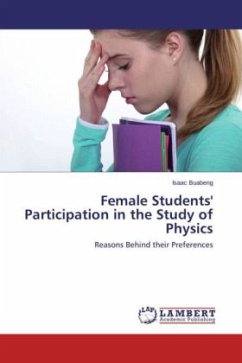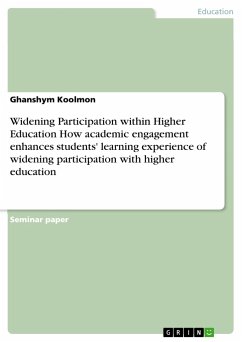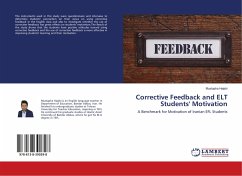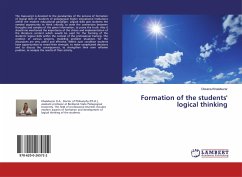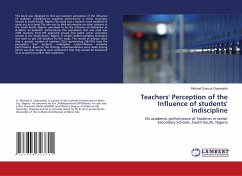Of all the sciences, physics is the subject in which the increase in the number of females involved has been particularly low. Majority of females opt out from the study of physics at each stage of their career a phenomenon that is often called the "leaky pipeline". This study sought to investigate what accounts for the low proportion of female participation in physics at University Cape Coast, Ghana, compared to biology and chemistry. To encourage greater female participation in physics beyond Senior High School (SHS) level, the study identified practical ways that could be employed to make the study of physics more appealing to female students. Population for the study comprised female undergraduate students offering biology, chemistry and physics; SHS female final year science students; physics lecturers and teachers. Analysis of data collected showed that several reasons account for females preferences for biology and chemistry to physics. It is hoped that females will tend to be more interested in physics if the strategies suggested for enhancing greater female participation are adopted and implemented.

